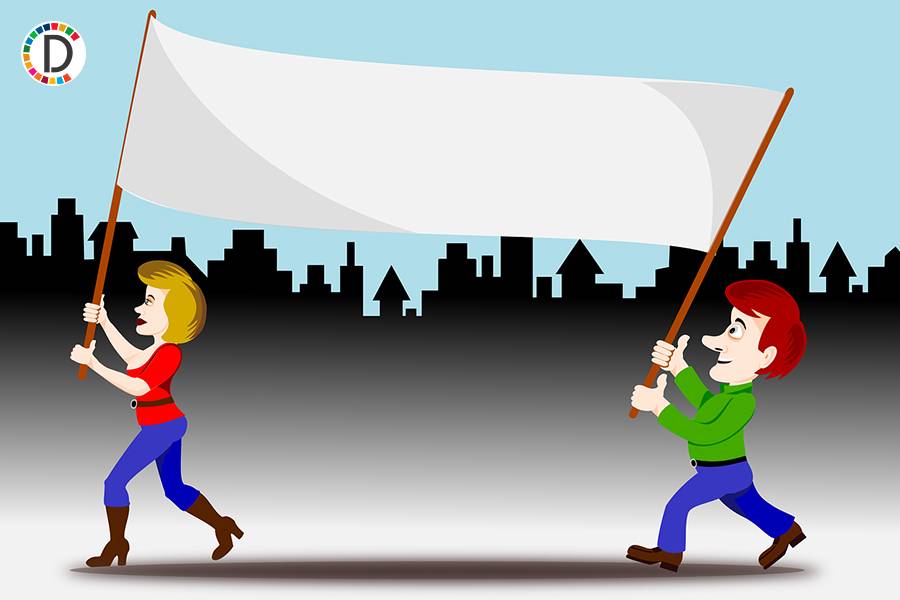South Korea's Martial Law Fiasco Disrupts International Diplomacy
South Korean President Yoon Suk Yeol declared martial law but reversed the order after political backlash. The incident disrupted international diplomatic relations, including postponed meetings with US allies and postponed visits from Swedish and Japanese dignitaries. Concerns grow about Yoon's leadership and South Korea's international standing.

South Korean President Yoon Suk Yeol's attempt to assert his country's position as a global pivotal state backfired dramatically. In a surprise move, Yoon declared martial law late Tuesday, a decision he reversed within hours following staunch opposition from parliament.
The diplomatic repercussions were swift, with Swedish Prime Minister Ulf Kristersson cancelling a planned summit with Yoon. Meanwhile, the United States, South Korea's primary ally, indefinitely postponed significant diplomatic and military engagements, including the Nuclear Consultative Group meetings.
The abrupt policy reversal has cast shadows over planned international visits and raised questions about Yoon's decision-making capabilities amid mounting public and political pressure. Experts suggest Yoon's global standing as a symbol of democracy has been tarnished, leaving his foreign policy future uncertain.
(With inputs from agencies.)










